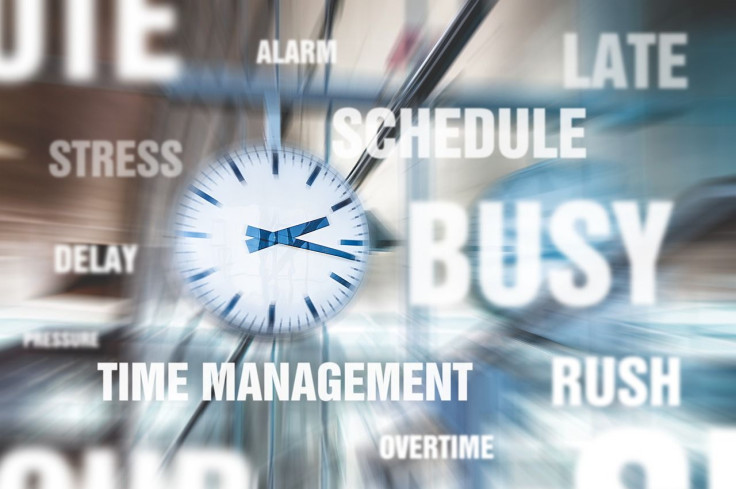Don’t let stress get to you: 5 ways to manage your stress

People often experience stress in their lives. Pressure at work and even in school can bring both emotional and mental stress, which in turn can affect how a person functions in life. In Australia, students between 15 to 19 have cited struggling with stress and school among the top issues they are dealing with. Researchers in the field of psychology from University of Queensland are looking into how to help teenagers cope through the use of music.
According to an EducationHQ report, Dr. Genevieve Dingle and masters student Rachael Harris have developed The Tuned In Academic program, which makes use of the teens’ love for music to find out what types are best for “increasing motivation, decreasing anxiety, and improving focus.” The new program is based on an earlier program that helped young people regulate their emotions, which showed how music positively affected teens handling emotional and mental stress.
During the implementation of the program, the researchers also found that it is not a “one size fits all” formula. Some students prefer a low tempo and softer music to calm them, while some listen to uncomplicated lyrics in order to concentrate.
5 Ways To Handle Stress
1. Listen to music
As cited by recent research, music is definitely one of the many ways to cope with emotional and mental stress. This is based on individual preference, as one type of music may work well for one person but may not be as effective on another. The best way to determine what works well is to take note of listening habits, and how each type of music feels when being listened to.
Most people would say that classical music helps in concentration and focus. Others, however, prefer louder and more complicated songs while studying or doing a task that requires focus.
2. Learn how to take a break
According to the American Psychological Association, an effective way to nip stress in the bud is to allow oneself to take a break from the source of the stress. At work, this can mean taking some time away, sometimes as little as 20 minutes, from the task at hand. Enjoy a quick lunch out of the office without thinking all the work that needs to be done. This works as well when the person is studying for an exam. Taking a break will help the brain recover and stop it from becoming too overloaded.
3. Exercise
Science is backing this up more these days. Most people cite the long-term impact of regular exercise on their physical health. Nowadays, however, people are also experiencing how a quick session at the gym or even a 20-minute walk around the block can do wonders to the stress level. When overwhelmed with the demands of work or school, try a quick run or walk and see how the mind seems to clear up afterwards.
4. Get emotional and social support
Social support is best provided by the immediate circle of friends or your family. For mothers, other mom friends would be a good source of support when it comes to parenting and raising children. However, moms may also need a circle of support where they will not be judged, which they may get from other friends.
Humans, however, are not the only source of emotional support for those experiencing emotional and mental stress. Pets, such as dogs and cats, are known to bring down the levels of stress among their owners considerably. These furry friends generally help cope with life’s challenges. When suffering from emotional and mental disability, the doctor may prescribe an emotional support animal.
5. Find a hobby or a recreational activity
This is an extension of taking a break, but unlike breaks, which can be quick, hobbies are more long-term and are done regularly. These activities that bring joy to a person. These can be as simple as reading, craft making or photography; on the other hand, it can be as complicated as playing competitive sports or joining clubs. Whatever the activity is, make sure it is appropriate for one's age and physical capacity.
Remember that keeping a good balance of work, recreation and self-care is the best combination to keep the stress levels at bay.




















